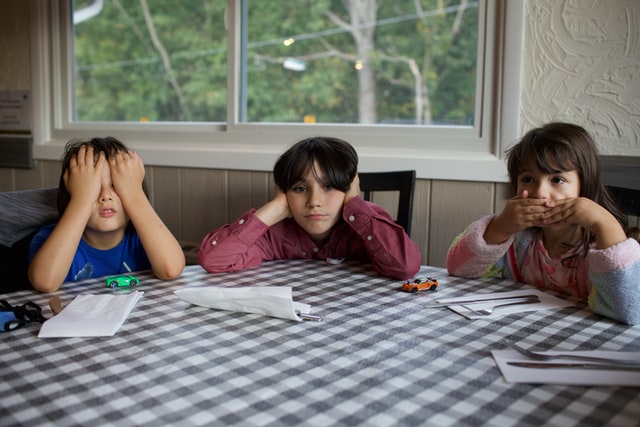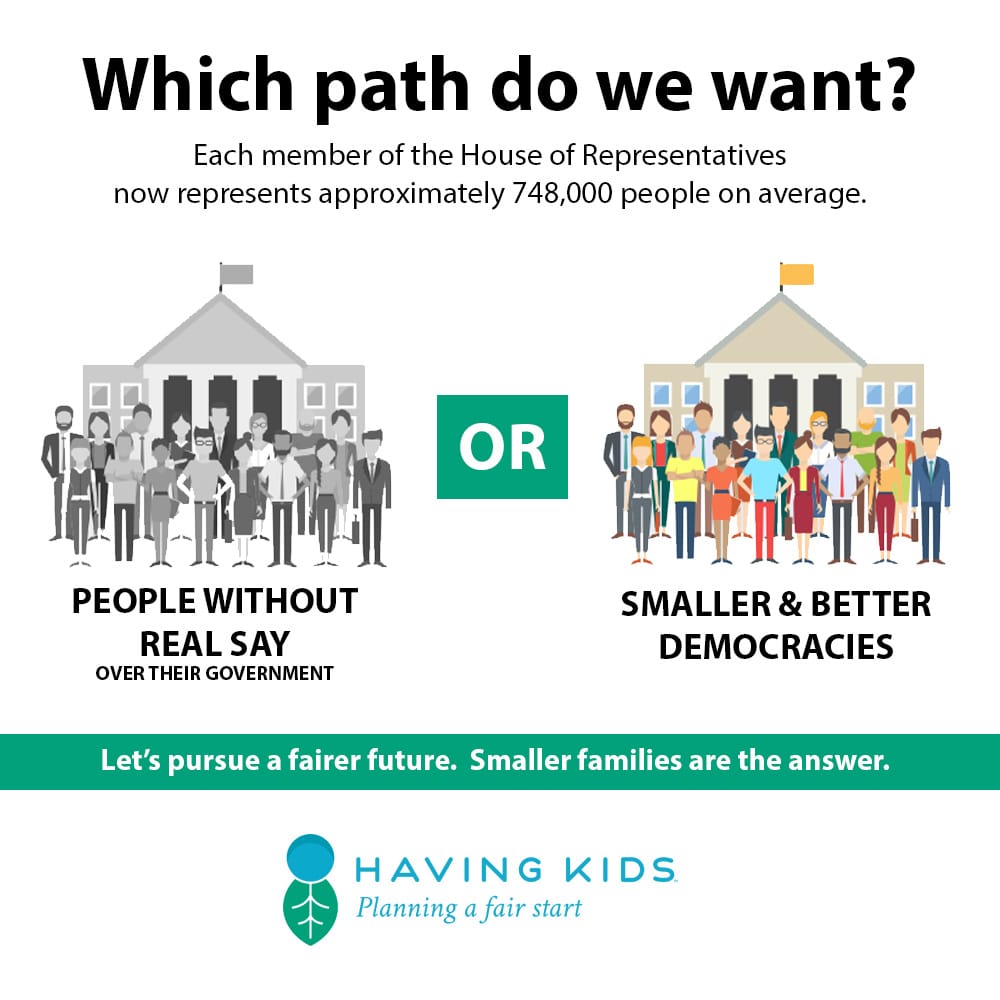BY RUBY FOX
Ruby Fox is a fourth year student studying Society and Environment with a concentration on Justice and Sustainability at the University of California, Berkeley. She is interested in systemic injustice, environmental issues, childhood development, and food sovereignty, and looks forward to working with educational facilities and community organizations in the future.
Oftentimes when people are considering whether or not to have children, they think about their own wants and needs. Instead, parents should be considering the needs of the prospective child as they consider their own. Most people understand that humanity is moving into trying times as climate change exacerbates our social issues in profound and unpredictable ways.

Potential parents must be thoughtful about their own motivations, the social stratification of society, and worsening global environmental conditions when building a family. Intention and motivation is not often questioned when discussing pregnancy. Many people simply decide that they are “ready for a family.” While everyone deserves love and connection, creating a whole new life to increase the quality of your own should not be the immediate response to craving community. Many academics have argued against the compulsory expectation or cultural entitlement to bearing children on ethical grounds. Christine Overall wrote Why Have Children (2012) to ponder the philosophy and ethics of procreation, concluding that the least selfish life plan may not include parenthood, especially for those who would have children only to “please others, to conform to convention, or to benefit themselves based on the delusion that children will fix their problems” (219). Giving breath to another being holds the parent at least partially culpable for any harm against that being. Raising a child requires more than desire and healthy financial support; it requires attention, energy, commitment, patience, and unconditional love for a child to grow into their own unique person.

Parents want to believe the ability to protect and support their child is absolute, but life is unpredictable, and that support inevitably falters from events outside of parental control. Making a family and playing a parental role cannot be the only goal for prospective parents when children exist outside the familial vacuum as independent people and members of greater society. Outside of the individual growth, people must consider the social conditions that each baby is born into. As class demographics shift overtime, researchers have seen the association between marriage and child poverty weaken over time, while the association between work and poverty became stronger, suggesting the limitations of “overemphasizing marriage and the growing importance of work for reducing child poverty in America” (Baker 1166).

People must understand that a stable marriage and a paying job alone cannot provide the financial or emotional security necessary to raise children. Research shows significant negative association between parenthood and emotional well-being in high-income countries, especially in the US, due to stress heavily attributable to lack of social policy support with lower-income parents coping with worse emotional well-being and more stress (Glass et al). In 2019, the American foster care removed over 251,359 children from their homes, making a total of 423,997 children living in the foster care system (AFCARS Report). Sixty-three percent of removals were due to neglect, often arising from the inability to cope with the stress and expectations of parenthood.
Our current systems make it incredibly difficult to raise children with their basic needs met, let alone extra support and opportunity. Prospective parents should not only consider their ability to provide for their children in a tumultuous economic climate, but also whether their children will be able to provide adequately for themselves moving forward. Another issue outside parental control, but still within the scope of parental considerations, is our changing environment. Our societal struggle to reconcile the impending doom of climate change is a relatively new issue in parenting as well. Like most issues facing humanity, climate change is a wicked problem, a complex, ill defined, interconnected problem whose solutions present subsequent issues.

Prospective parents must consider how they will support their families through devastating environmental threats: erratic day-to-day weather conditions, increasing pollution, extreme environmental disasters, population displacement, inconsistency in global supply chains and manufacturing, etc. For example, without extreme policy shifts and decreasing freshwater availability, about 2.3 billion more people than today (over 40% of the global population in total) are expected to be living in river basins under severe water stress; globally, land prices worldwide will skyrocket as agricultural lands become more scarce, and more urgently necessary (OECD Environmental Outlook to 2050).

Issues like these will become more relevant in child development worldwide, including in high-income countries, like the US, that do not currently bear the brunt of climate related issues. One of the largest social shifts at this point in human history is the scope of parental responsibility to expand past
the parents’ lifetime to include the hardship of generations to come.
Works Cited
Baker, Regina S. “The Changing Association Among Marriage, Work, and Child Poverty in the
United States, 1974–2010.” Journal of Marriage and Family, vol. 77, no. 5, 2015, pp.
1166–1178., www.jstor.org/stable/2458272
“Births and Natality.” Centers for Disease Control and Prevention, Centers for Disease Control
and Prevention, 3 Aug. 2021, https://www.cdc.gov/nchs/fastats/births.htm.
Glass, Jennifer et al. “Parenthood and Happiness: Effects of Work-Family Reconciliation
Policies in 22 OECD Countries.” AJS; American journal of sociology vol. 122,3 (2016):
886-929. doi:10.1086/688892
“OECD Environmental Outlook to 2050: The Consequences of Inaction – Key Facts and
Figures.” OECD, Organisation for Economic Co-Operation and Development, 2012,
https://www.oecd.org/env/indicators-modelling-outlooks/oecdenvironmentaloutlookto205
0theconsequencesofinaction-keyfactsandfigures.htm.
Overall, Christine. Why Have Children? The Ethical Debate. MIT Press, 2014.
Rieder, N. “Procreation, Adoption and the Contours of Obligation.” Journal of Applied
Philosophy, vol. 32, no. 3, 2015, pp. 293–309. JSTOR, www.jstor.org/stable/26813113.
Saad, Lydia. “Americans, in Theory, Think Larger Families Are Ideal.” Gallup.com, Gallup, 6
July 2018, https://news.gallup.com/poll/236696/americans-theory-think-larger-families-ideal.aspx.
“The AFCARS Report.” The US Department of Health and Human Services, 23 June 2020

